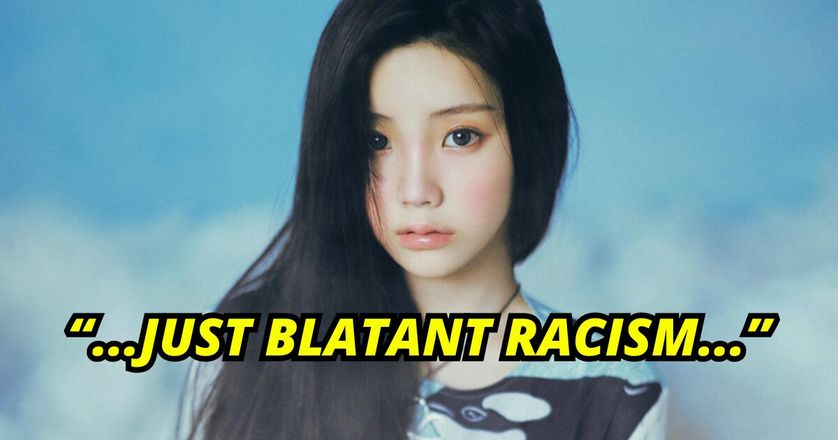
ILLIT’s Wonhee | MBC
Cultural misunderstandings in K-Pop have once again come to the forefront as ILLIT’s Wonhee faces accusations of using a racial slur in a recent viral video. The incident has ignited debates on xenophobia, cultural appropriation, and anti-Blackness within the K-Pop community and beyond.
Context and Misunderstanding
The Korean words naega and niga often lead to confusion due to their phonetic resemblance to the reclaimed racial slur used within the Black community. This similarity has historically led to misunderstandings, particularly among those unfamiliar with the Korean language or K-Pop.
In a recent behind-the-scenes video, Wonhee was seen warming up vocally while stylists worked on her hair. She sang the chorus of “Magnetic,” using the word naega multiple times. Despite the word’s innocent meaning in Korean, its sound sparked controversy online.
The Viral Spread and Backlash
The video was shared on X (formerly Twitter) with misleading captions, linking Wonhee to other idols previously accused of using the N-word. Although corrections were later added, the misinformation had already spread widely.
The video gained over 3.1 million views on TikTok and was further disseminated on a meme account without context, exacerbating the situation.

TO1’s Chan | TO1/YouTube
Netizen Reactions and the Call for Sensitivity
Many fans and netizens have voiced their opinions on the matter, highlighting the importance of understanding cultural contexts and the harm caused by spreading misinformation.
Comments from Netizens:
- “K-pop stans swear they don’t make fun of foreign languages or accents and then make jokes like this.”
- “Why do you people think anti-Blackness is a punchline?”
- “Do you guys realize how disgusting this is? Associating naega with the N-word is blatant racism.”
The Larger Conversation
This incident underscores the need for greater cultural sensitivity and awareness within the K-Pop community. While the resemblance between Korean words and the racial slur can lead to unintended offense, it’s crucial to approach such situations with understanding and not rush to judgment.

Conclusion
The case of ILLIT’s Wonhee serves as a reminder of the complexities of cultural exchange in the global entertainment industry. It calls for more informed and respectful dialogue to prevent misunderstandings and promote a more inclusive and empathetic fan culture.
